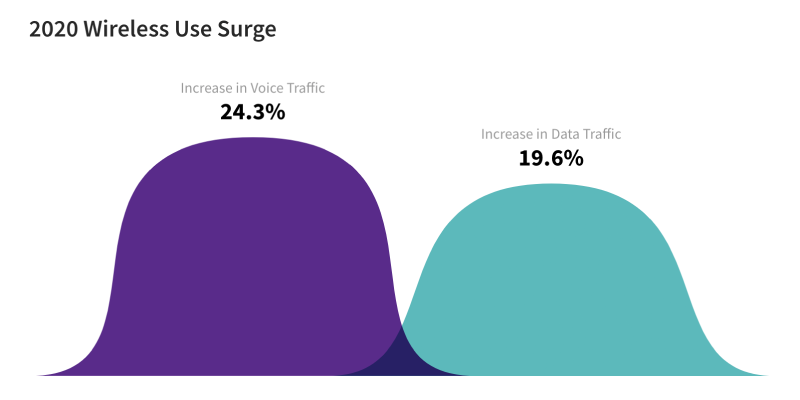Do you want to contact the author of this post?
Fill in your details and any questions or comments you would like to make, and he will get in touch with you as soon as possible.
Responsible entity: JSC Ingenium, S.L.U. Main purpose: To handle your queries and provide any information that you request from us. With the appropriate consents, to proceed to send commercial communications electronically. Rights: To access, rectify and delete data, portability of data, limitation or opposition to its processing, transparency and the right not to be subject to automated decisions. Additional information: You can find additional and detailed information about our privacy policy.
Head Office
Condesa de Venadito, 1
Madrid 28027 – Spain
Madrid 28027 – Spain


